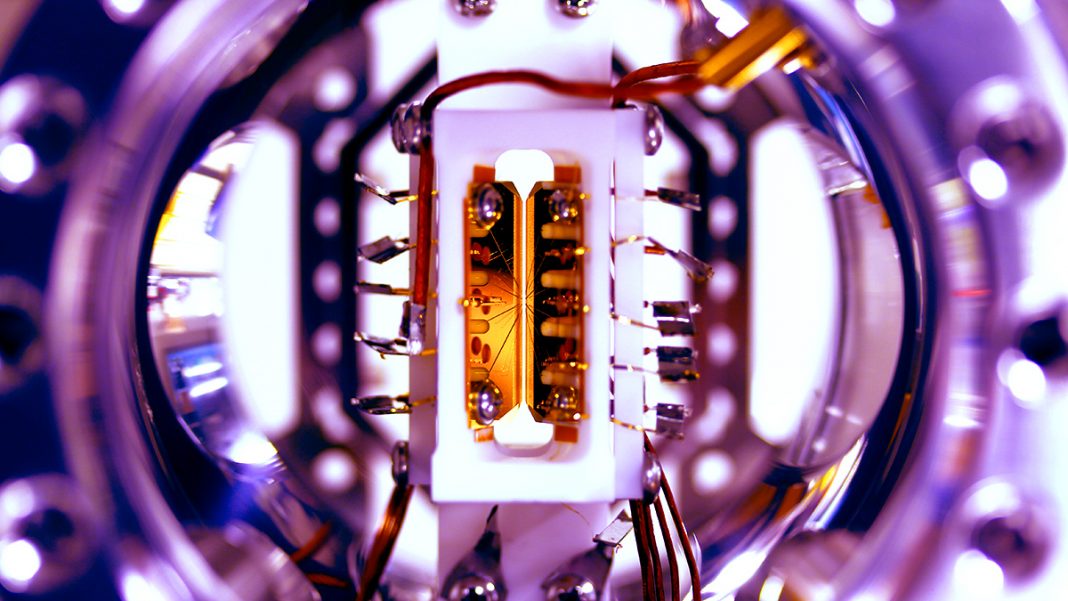Quantum computing (QC) is another wave that’s soon to be impacting information technology (IT) in various companies across the world. Luckily IT managers won’t need to take any action for at least another three years or so from now, but they should start thinking about QC in a different light now as to prepare.
After several years of up and downs, scientists now conclude that quantum mechanics is more natural than what we call normal physics. Quantum mechanics deals with the very small and lives within its own world. However, everything we know in this world owes its existence to quantum mechanics.
So why is this important to an IT manager you may wonder? Well, the answer lies in the qubit and an explanation of Heisenberg’s Uncertainty Principle, entanglement, superposition and so on and so forth. The IBM Quantum Experience has been offering a 5-qubit system since May 2016. Similar to early 1950’s computers this system is unable to support any practical applications as 5-bits can only represent one of 32 unique states; 5-qubits, on the other hand, can represent all 32 states at the same time.
To understand this concept further, consider that fifty people flip a coin in the air that’s numbered ad unfairly bias to either heads or tails. On a count of three everyone flips their coin in the air and lets it drop to the floor. For just that one moment in time, the spinning of all 50 coins is affected by each other via currents or collisions like QC entanglement. While they’re spinning asking whether a certain coin is heads or tails makes sense and is like QC uncertainty. Also, the coins spin so fast that it’s a blend of states between heads and tails which is like QC superposition. And finally, when they all fall to the floor, the entanglement ends which is like QC coherence.
However, in the coin toss, two may interact with one another Two coins interacting will represent one of 4 states while spinning and 3 coins will represent one of 8 states, 4 coins represent one of 16 states and so on. The point is that the n-coin system equals n bits of information, but the n-qubit system represents so much more. When n is small, there is hardly any difference between the two systems, but when n is large, the n-qubit system gets a little more complicated.
More News to Read
- The Many Mysteries of the Proton, What do We Know About them?
- VR Content is set to Come Direct From Space
- Human Emotion Defines Reality and Shapes the World Around Us
- Lowdown on The Farthest: NASA’s Documentary about the First Interstellar Spacecraft
- Do Wormholes Hold the Answers of Transporting to Another Universe?











